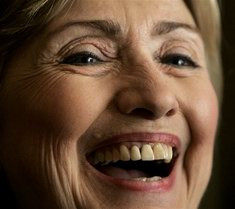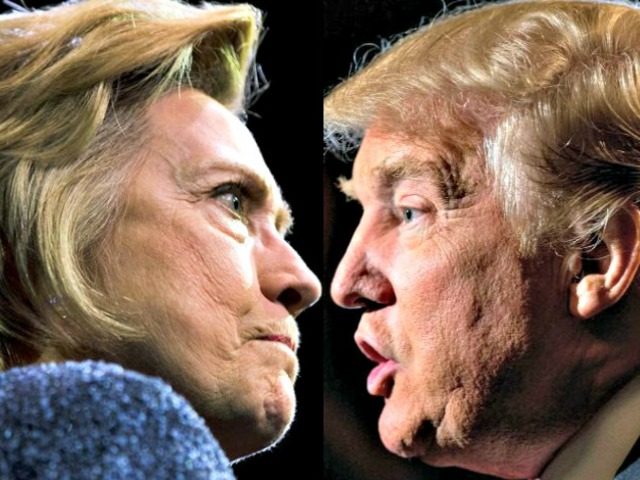Those who call themselves evangelicals shouldn’t genuinely support or rally for either major-party candidate for president.
Evangelicals are such an enigma and so poorly understood that both the New York Times and the Daily Beast recently published articles that say opposite things about them. They are at once a boon for Republicans, because they often rally and vote in droves, and a mockery to Democrats, who view them as nothing more than an unstable crutch.
In the latest batch of documents WikiLeaks published, e-mails between Hillary Clinton spokeswoman Jennifer Palmieri, Clinton campaign chairman John Podesta, and Center for American Progress fellow John Halpin show Palmieri and Halpin joking about and marginalizing both evangelicals and Catholics. Although Podesta didn’t respond in the thread and the Clinton camp claims the e-mails are bogus (Palmieri is Catholic), Democrats have often looked down on people of faith, unless they’re necessary for political gain.
Here’s what is clear: While many people may vote for either candidate because of a specific strategy, those who call themselves evangelicals in the true sense of the word shouldn’t genuinely support or rally for either major-party candidate for president. So why are they lining and splitting up behind Clinton or Trump?
[...]
What Should Evangelicals Do?
Respect for the presidential office—“rendering unto Caesar’s that which is Caesar’s”—is not the issue here. Evangelicals should not expect perfection from a presidential candidate, since our theology teaches that everyone is human and flawed. But our religion also teaches that repentance after sin is necessary for a person to be once again viewed as a respectable and whole person. If a candidate doesn’t exhibit behavior or embrace views in line with the good news of Jesus Christ in any form, even if that person isn’t a Christian, how can we proudly stick their lawn signs in our yards?
Nor does this mean evangelicals should bow out of politics. I certainly won’t. But to actively campaign for either of these candidates at this point, given what we now know about their behavior, beliefs, and policy proposals, is to reject the very essence of the good news of Jesus Christ.
Some say evangelicals aren’t the problem, the culture is. Others posit the culture isn’t the problem, evangelicals are. They are both the problem. As evangelicals have disengaged culturally or progressed to left of center, so have the politicians who represent them. As culture has declined morally and politically, evangelicals have either joined them, separated themselves quietly, or—worst of all—remained quiet, a proverbial sheep among wolves.
No matter who is elected, evangelicals make up a large enough portion of society, and should feel some obligation for it. I have a feeling the weight of desperation, indifference, and acquiescence will feel unbearably heavy come January.Read the full op-ed from The Federalist HERE.
If you like what you see, please "Like" us on Facebook either here or here. Please follow us on Twitter here.






No comments:
Post a Comment